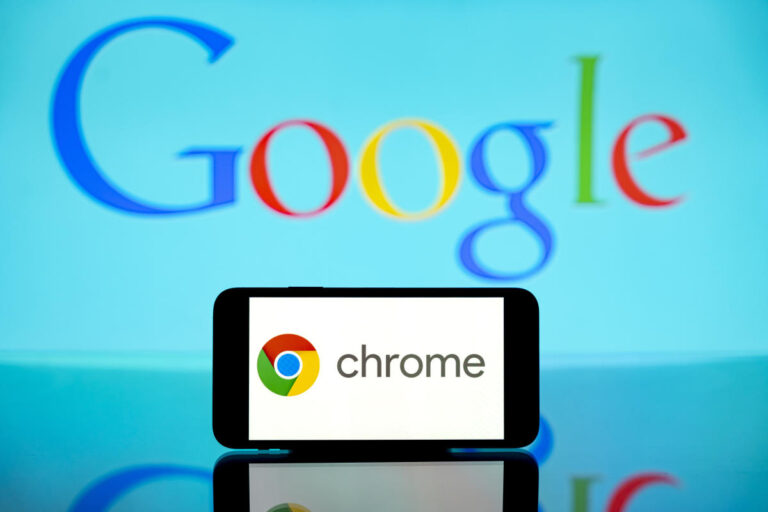Google is accused of antitrust violations by the Justice Department after the agency asked Google to sell Chrome and face restrictions that would prevent it from favoring its search engine on Android. submitted a proposal outlining how to remedy the situation. In August, Judge Amit Mehta of the U.S. District Court for the District of Columbia ruled that Google violated Section 2 of the Sherman Act, calling it a “monopoly.” In a proposal submitted Friday night, Google said it disagreed with the ruling but proposed ways to make its contracts with browser companies and Android device makers more flexible.
Google’s vice president of regulation, Lee-Anne Mulholland, said in a blog post summarizing the filing that the proposal would allow browser companies like Apple and Mozilla to “continue to offer Google search to their users and make money from that partnership.” ” while having “multiple default agreements across different platforms (such as different default search engines on iPhone and iPad) and browsing modes.” Browsers will also be able to change their default search provider every 12 months. This proposal would give device manufacturers “even more flexibility to preload multiple search engines and preload Google apps independently of search or Chrome preload.”
Google said it would appeal the judge’s decision ahead of a hearing in April and plan to submit amendments on March 7. In a blog post, Mulholland called the Justice Department’s proposal “overreach,” and went on to write that it reflected “interventionists.” “Agenda” and “goes far beyond what the court’s decision actually deals with, which is an agreement with partners to decentralize the search.”


